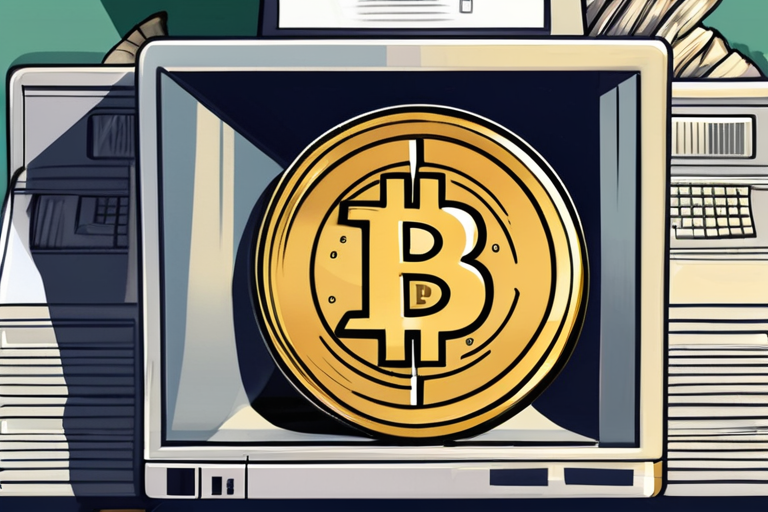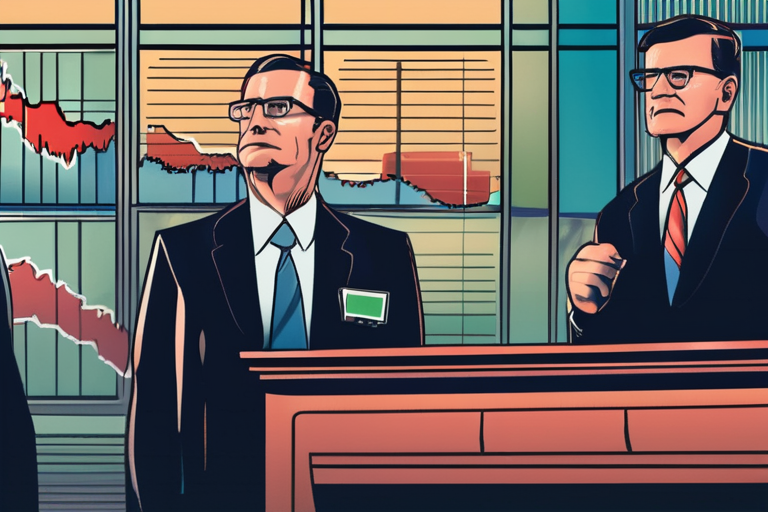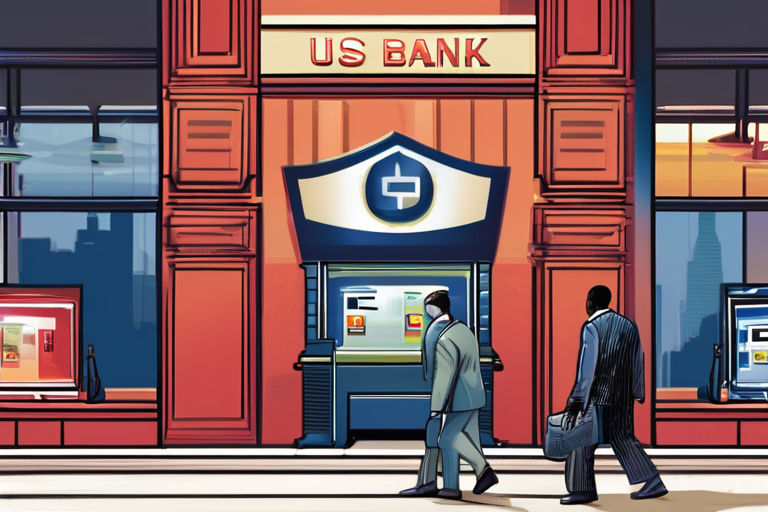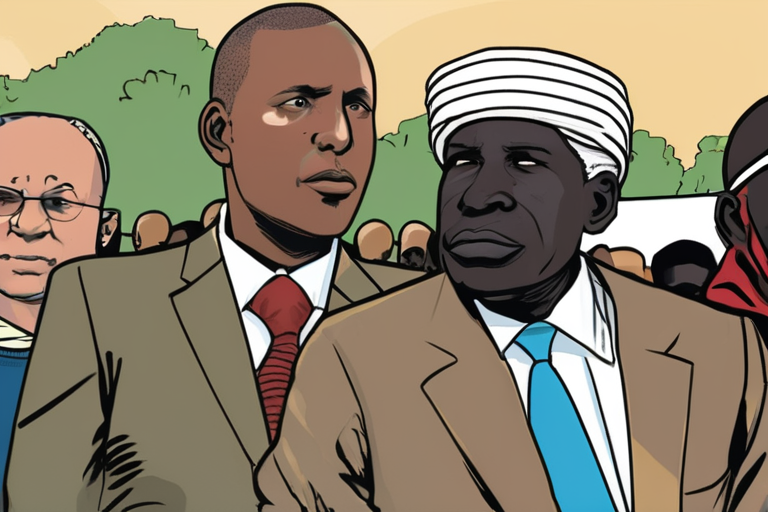BNP Paribas Slammed with $20M Verdict for Facilitating Sudanese Atrocities through US Financial System


Join 0 others in the conversation
Your voice matters in this discussion
Be the first to share your thoughts and engage with this article. Your perspective matters!
Discover articles from our community

 Hoppi
Hoppi

 Hoppi
Hoppi

 Hoppi
Hoppi

 Hoppi
Hoppi

 Hoppi
Hoppi

 Hoppi
Hoppi

Breaking News: Feds Seize Record-Breaking $15 Billion in Bitcoin from Alleged Scam Empire In a major crackdown on transnational organized …

Hoppi

Fears over US Banks Cause Stock Market Jitters The global stock market suffered a significant decline on Friday morning as …

Hoppi

Breaking News: JPMorgan, BNY Accused of Supporting Epstein's Sex Trafficking Operations Two major banks, JPMorgan and Bank of New York …

Hoppi

Fears Over US Banks Cause Stock Market Jitters The warning of potential fraud at two major US regional lenders, Western …

Hoppi

BREAKING: U.S. Indicts Cambodian Tycoon in Cryptocurrency Scam, Massive Losses Feared The U.S. government has charged Chen Zhu, Chairman of …

Hoppi

ICC Convicts Former Sudan Militia Leader of Darfur War Crimes in Landmark Verdict In a historic ruling, the International Criminal …

Hoppi